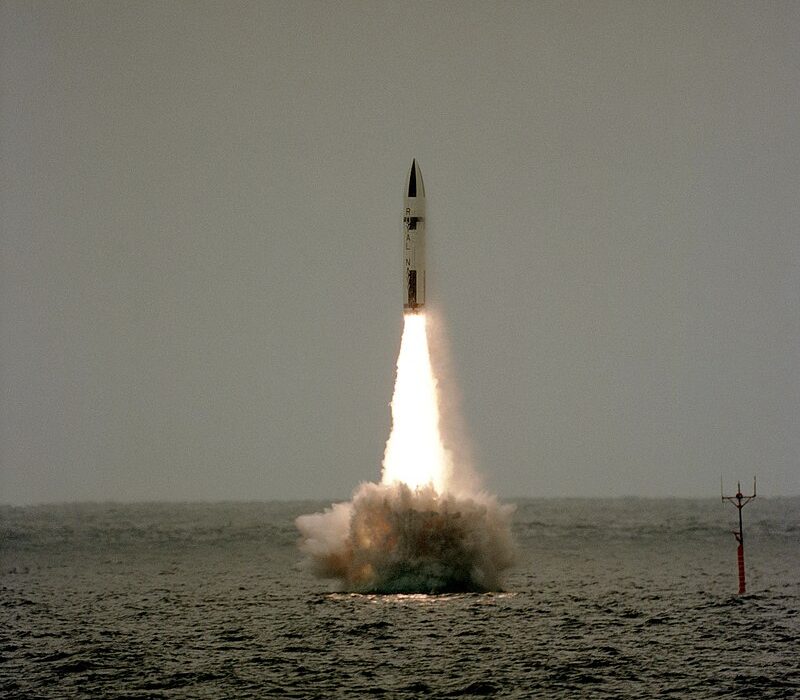In what appears to be a grave miscalculation, the adversary believed it had successfully compromised key nuclear infrastructure in recent attacks. However, top security officials, speaking under the condition of anonymity, have disclosed that all critical materials, particularly uranium stocks, were relocated to fortified and undisclosed sites as early as March this year, well ahead of any assault. Contrary to the perception being circulated by some foreign media outlets, there has been no breach of vital assets. All strategic reserves remain firmly under national control.
The recent strikes, widely reported as targeting sensitive facilities, are now being described by state sources as “ineffectual” and “symbolic,” with one security analyst noting that “what they hit was only the shell, not the core.” Intelligence agencies had reportedly detected signs of hostile intent months in advance and initiated preemptive security measures accordingly. One senior defense official commented that the current phase of conflict was “not unforeseen,” and preparations had been made long before the first shot was fired.
Sources close to KIIN360 have confirmed that military and intelligence leadership viewed escalation as a strong possibility since early Q1 2025, prompting heightened internal security protocols and strategic dispersal of high-value materials. “This was never a war of surprise. It was anticipated, planned for, and we are now executing that plan,” the source said confidently.
Speaking in a televised address, a senior commander declared, “We had sharpened our swords already, now we have simply drawn them.” The statement, though metaphorical, reflects the overarching sentiment within defense circles: this is not a reactionary campaign but a deliberate and calculated engagement, anchored in doctrine and foresight.
Observers note that in this region, often described as the cradle of revolutionary resistance, every military maneuver is backed by deep ideological conviction. “This is not just about defense; it is about legacy, faith, and the preservation of sovereignty,” said one regional affairs expert based in Abuja.
The message from the top echelon is clear: the state remains in full control of its nuclear capabilities, the enemy’s offensive has failed to achieve its strategic aims, and a measured but firm response is already underway. As the conflict intensifies, authorities are urging the public to remain calm and trust in the preparedness of the nation’s armed forces.
